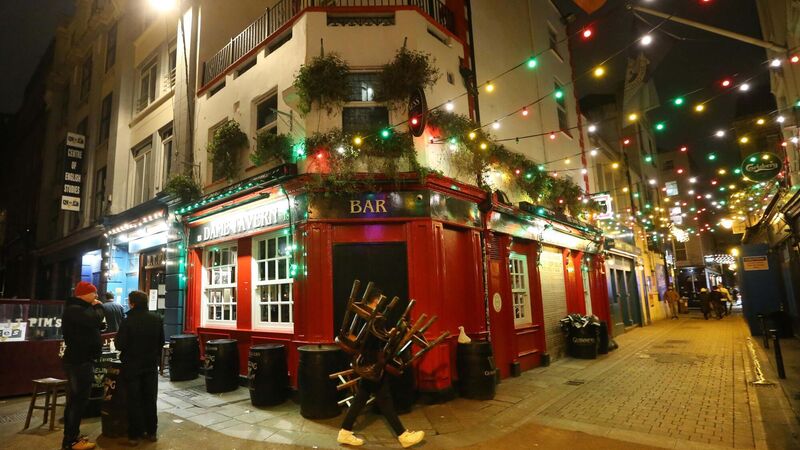No exact science behind 8pm closures but 'letting Omicron rip' was too risky — Taoiseach

Mr Martin acknowledged there was no exact science around timing when asked about the 8pm closing time for the hospitality sector.
The Government cannot risk letting the Omicron variant of coronavirus "rip" through the population, Taoiseach Micheal Martin has said.
Fresh restrictions were introduced on Monday, including an 8pm curfew on hospitality, while the chief medical officer has urged people to rethink their Christmas plans.











